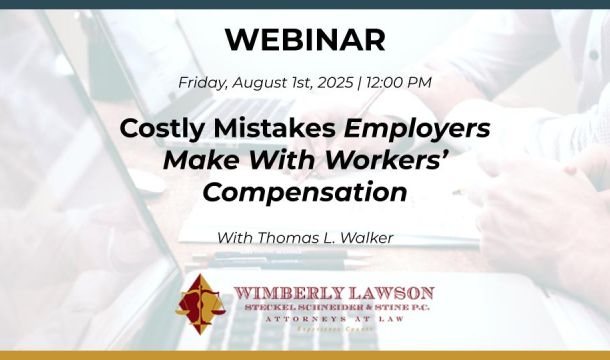“You Can’t Teach an Old Dog New Tricks,” and Other Ageist Comments
In the U.S., there are projections that the number of Millennials may soon exceed the number of Baby Boomers. Millennials, whom are defined as ages 20 to 35 in 2016, numbered 71 million, and Baby Boomers (ages 52 to 70) numbered 74 million. Millennials are expected to overtake Baby Boomers in population in 2019 as their numbers swell to 73 million and Boomers decline to 72 million. Generation X (ages 36 to 51 in 2016) is projected to pass the Baby Boomers in population by 2028.
In the meantime, many of the massive Baby Boomer generation keep working, and all of them are old enough to be covered by the Age Discrimination in Employment Act (ADEA) (as are some Generation Xers). That means that all of them are protected against discrimination on the basis of age. So this means that when your company is conducting anti-harassment and anti-discrimination training, make sure that everyone, especially managers and supervisors, understand that negative comments about an employee's age are among the behaviors that are not tolerated.
A subsidiary of Time Warner Cable learned how expensive an ageist comment can be. In Westmoreland v. TWC Admin. LLC , 2018 BL 145052, W.D.N.C., No. 5:16-cv-00024, the plaintiff, Glenda Westmoreland was in her 60s when she was terminated by her employer TWC Administration LLC, ostensibly because she asked a subordinate to falsify a document. Westmoreland alleged that she was discriminated against, and the case was eventually tried to a jury (twice, due to a mistrial in the first trial). At trial, the jury heard testimony that the manager who fired Westmoreland told her to "go home and take care of those grandbabies." The jury also saw or heard evidence that Westmoreland had a stellar performance record prior to the document falsification charge and that TWC could have imposed discipline short of termination for the infraction. In short, that ageist comment from the manager completely undermined the company's non-discriminatory justification for Westmoreland's termination.
Pro tip: During any termination meeting, stick to the facts supporting the termination and avoid any unnecessary comments that might refer to the employee's age, sex, disability, race, or any other protected characteristic. Seems obvious, but as the case above illustrates, it may be easier said than done.

Kathleen J. Jennings is a former principal in the Atlanta office of Wimberly, Lawson, Steckel, Schneider, & Stine, P.C. She defends employers in employment matters, such as sexual harassment, discrimination, Wage and Hour, OSHA, restrictive covenants, and other employment litigation and provides training and counseling to employers in employment matters.
Related Content
Get Email Updates
Recent Content

How to Audit Employment Discrimination Laws Compliance

TPS Update (As of 6/17/2025)

TPS Designation for Honduras and Nicaragua Automatically Extended, But the Date is Uncertain

President Trump Discourages Criminal Enforcement of Agency Rules

Supreme Court Suggests Trump Can Fire Agency Heads without Cause
